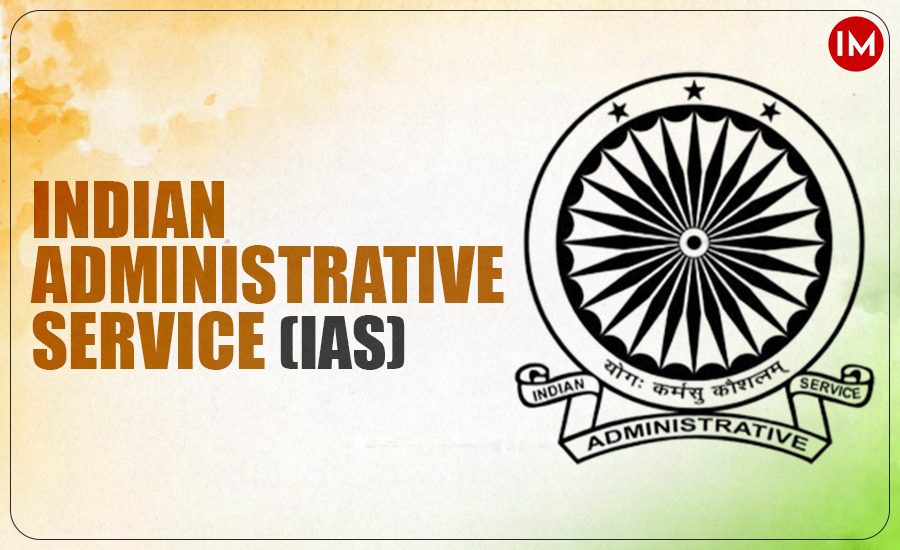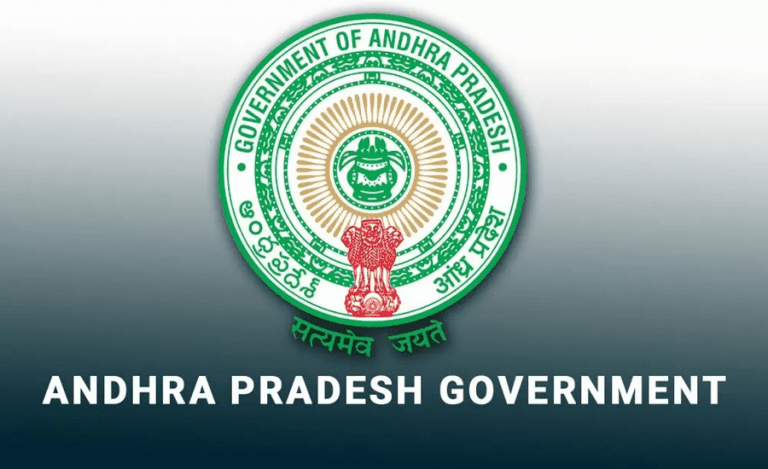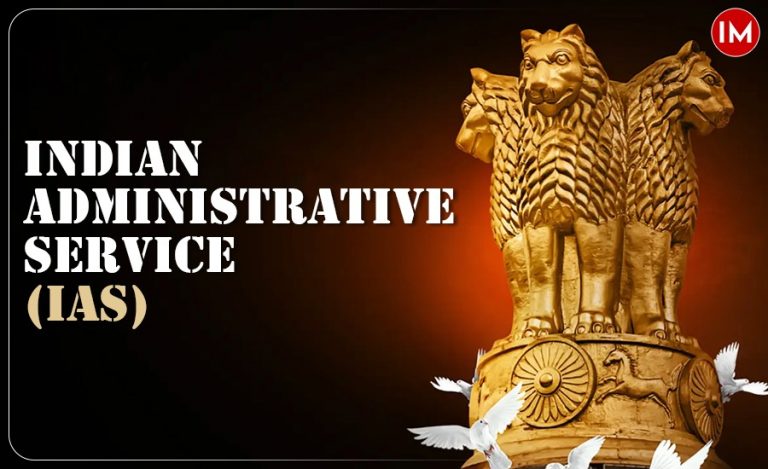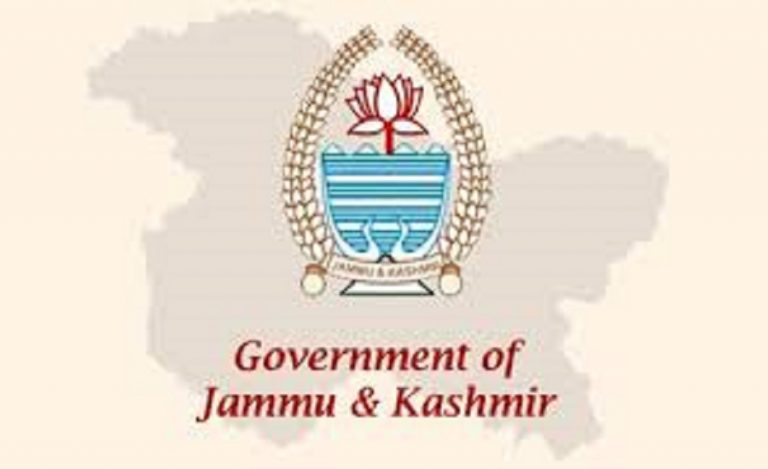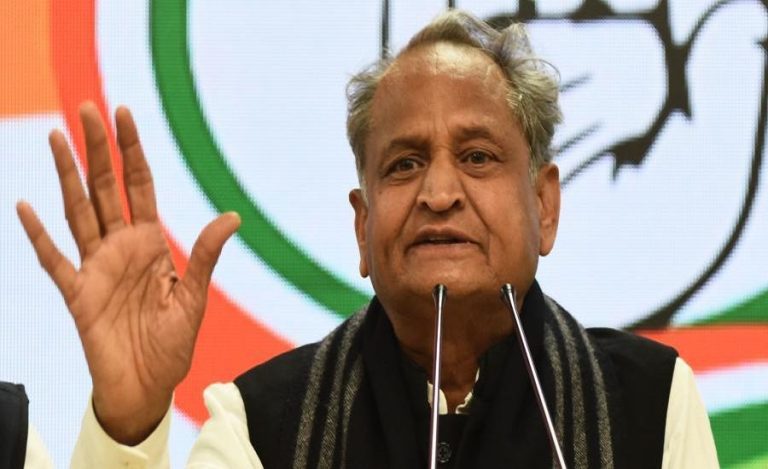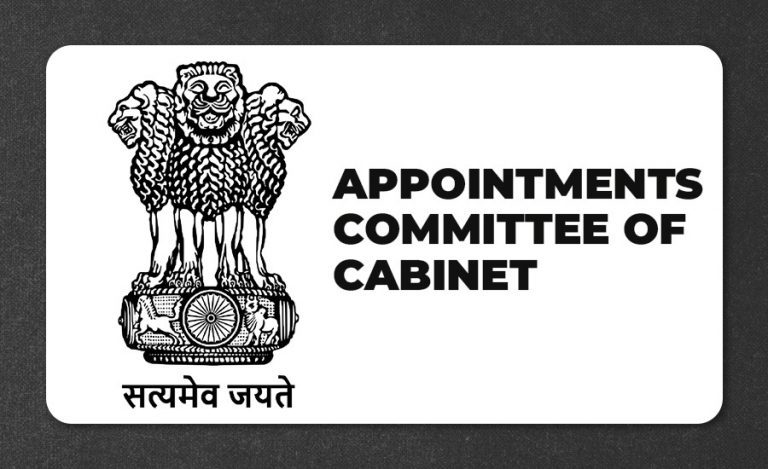New Delhi: The Indian Administrative Service (IAS) community has come out in strong support of Chief Election Commissioner (CEC) Gyanesh Kumar, condemning what it described as “unwarranted abuse and personal attacks” against him and his family.
The backlash against Kumar follows heightened political and public criticism aimed at the Election Commission of India (ECI) in recent weeks.
IAS Fraternity Issues Public Statement
In a rare and strongly worded statement, the official handle of the IAS Fraternity on X (formerly Twitter) posted:
“We strongly condemn unwarranted abuse and personal attacks against Hon’ble Chief Election Commissioner Shri Gyanesh Kumar and his family. We urge everyone to maintain respect and decorum, acknowledging his dedicated service and significant contributions towards the nation.”
The post has sparked conversation across bureaucratic and political circles, with many calling for a clear distinction between institutional accountability and personal vilification.
We strongly condemns unwarranted abuse and personal attacks against Hon’ble Chief Election Commissioner Shri Gyanesh Kumar and his family. We urge everyone to maintain respect and decorum, acknowledging his dedicated service and significant contributions towards the nation. pic.twitter.com/jRf41VMrAd
— IAS Fraternity 🇮🇳 (@IASfraternity) August 19, 2025
“Political Battles Must Stay in the Political Arena”
According to sources within the bureaucracy, there is growing concern that civil servants, especially those heading constitutional institutions, are increasingly becoming targets in politically charged debates.
“Political battles must be fought on their own turf, not here,” a senior bureaucrat stated. “Civil servants operate strictly by the rule book. The Election Commission is a constitutional body, and its actions are guided by legal mandates, not political bias.”
This sentiment reflects a broader unease within the civil services about the shrinking space for neutrality in an increasingly polarized public discourse.
Upholding the Integrity of Constitutional Institutions
The IAS fraternity’s statement also serves as a reminder of the importance of respecting the sanctity of constitutional offices. The Chief Election Commissioner, by mandate, is expected to function independently and impartially to ensure free and fair elections – a cornerstone of any democratic system.
“Targeting individuals who are upholding constitutional responsibilities sets a dangerous precedent,” said another source within the administrative ranks. “Criticism of institutions is fair in a democracy, but personal attacks erode public trust.”
Rising Scrutiny and the Burden of Neutrality
While Gyanesh Kumar, who recently took charge as the CEC, has largely refrained from responding publicly, those close to the matter say the attacks have caused distress, especially as they involve personal insults and threats directed at his family.
The scrutiny faced by the ECI – particularly during and after election cycles – has intensified in recent years, with many questioning decisions related to poll scheduling, model code of conduct enforcement, and transparency. However, the IAS community emphasizes that such debates must remain civil and fact-based, not devolve into character assassination.

